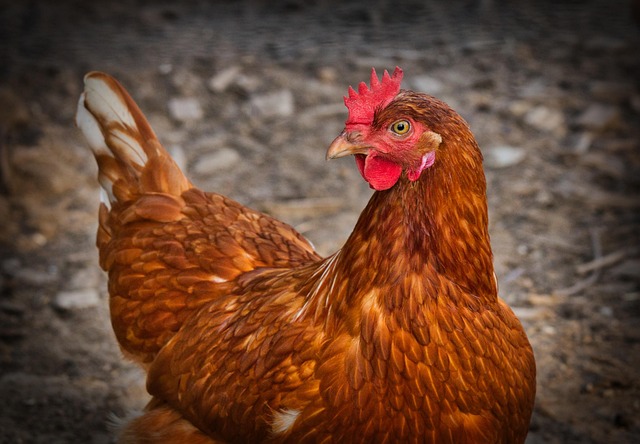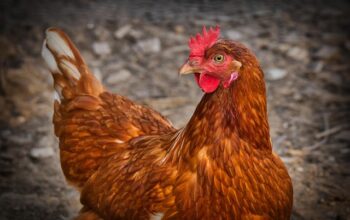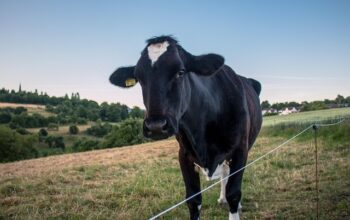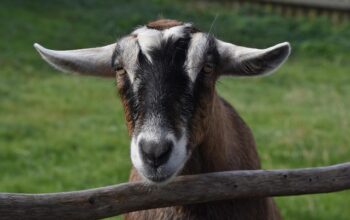Understanding farm needs like field size, livestock types, and desired fence purpose (e.g., grazing, boundary, security) is vital before installing a fence in Ontario. Choose durable materials like galvanized steel or treated wood, balancing cost, maintenance, and local regulations. Meticulously plan, consider terrain, infrastructure, and consult local authorities for permits to avoid delays and fines. Hiring professional contractors ensures compliance, effective solutions tailored to Ontario's diverse agricultural landscape, and efficient project management.
Ontario farmers, looking to enhance your property with a robust fence system? This guide details five crucial steps for successful farm fencing. From understanding your unique needs to selecting durable materials and navigating installation permits, each stage ensures a reliable barrier. Discover expert tips on hiring professionals who excel in farm fencing, ensuring both functionality and aesthetics. Implement these strategies for a secure and well-defined farming landscape.
Assessing Your Farm's Fencing Needs
When it comes to Ontario farm fencing, understanding your specific needs is the first step towards a successful project. Every farm is unique, with varying terrain, livestock types, and land usage requirements. Therefore, assessing your farm’s fencing needs involves several considerations. Think about the perimeter of your fields, the types of animals you’re enclosing, and any special requirements like security or access points.
Identifying these factors will help guide your decision on the type of fence for farms that best suits your operation. For example, electric fences are ideal for grazing areas as they provide a safe and effective way to control livestock movement without completely blocking their view. On the other hand, sturdy wood or steel fences might be necessary for boundary lines or protecting valuable crops from wildlife. Assessing your farm’s unique needs ensures that your chosen fence for farms is functional, durable, and tailored to your specific requirements.
Choosing the Right Fence Material
When considering farm fencing, choosing the right material is a crucial first step. In Ontario, farmers often opt for durable and long-lasting options that can withstand harsh winters and hot summers. Metal fences, particularly those made from galvanized steel or aluminum, are popular choices due to their strength and resistance to rot and rust. These materials offer excellent value in the long run, ensuring your farm fence remains robust and secure.
Additionally, wood fences are a classic option for farms, providing both aesthetic appeal and functionality. Treated pine or cedar posts and rails can effectively define property lines while enhancing the overall look of your farmland. When selecting any fence material, consider factors like cost, maintenance requirements, local regulations, and the specific needs of your farm operation to ensure the best fit for a secure and efficient fencing solution.
Planning and Permitting for Installation
Before installing a fence for farms in Ontario, careful planning and permitting are essential steps. Property owners should start by assessing their land and defining the purpose of the fence—be it to contain livestock, create boundaries, or enhance security. This involves considering factors like field size, terrain, and existing infrastructure. Once the requirements are established, consult with local authorities to understand the necessary permits for farm fencing. Ontario regulations vary by region, so knowing the specific rules ensures a smooth installation process.
Permitting typically involves submitting detailed plans outlining the fence’s design, materials, and location. It’s crucial to ensure the plan complies with local building codes, zoning regulations, and environmental considerations. Engaging with the relevant authorities early in the process can help avoid delays and fines later. Proper planning and permitting not only guarantee compliance but also contribute to a robust and long-lasting fence for farms, enhancing overall efficiency and productivity on the agricultural property.
Hiring Professionals: Expertise Matters
Hiring professionals for farm fencing projects is a crucial step, as expertise plays a vital role in ensuring the durability and effectiveness of your fence. In Ontario, where agricultural practices vary across diverse landscapes, it’s essential to find contractors who understand the unique challenges of rural environments. Look for experts specializing in farm fences, equipped with knowledge about local regulations and the best materials for different terrain and climate conditions.
Their experience will guide them in selecting the ideal fence type—whether it’s a robust chain-link fence for boundary demarcation or a more aesthetic wood or vinyl option—suitable for your property. These professionals also bring access to high-quality materials, tools, and labor, ensuring your farm fencing project is done efficiently and meets safety standards.
When considering a farm fence, Ontario farmers should follow these five key steps: assess their unique fencing needs, select the most suitable material, plan and obtain necessary permits, engage skilled professionals for installation, and ultimately, invest in a durable and effective farm fence that enhances property boundaries while ensuring animal safety and security. Choosing the right fence for your farm is a crucial decision that requires careful consideration, much like navigating a labyrinthine landscape.




